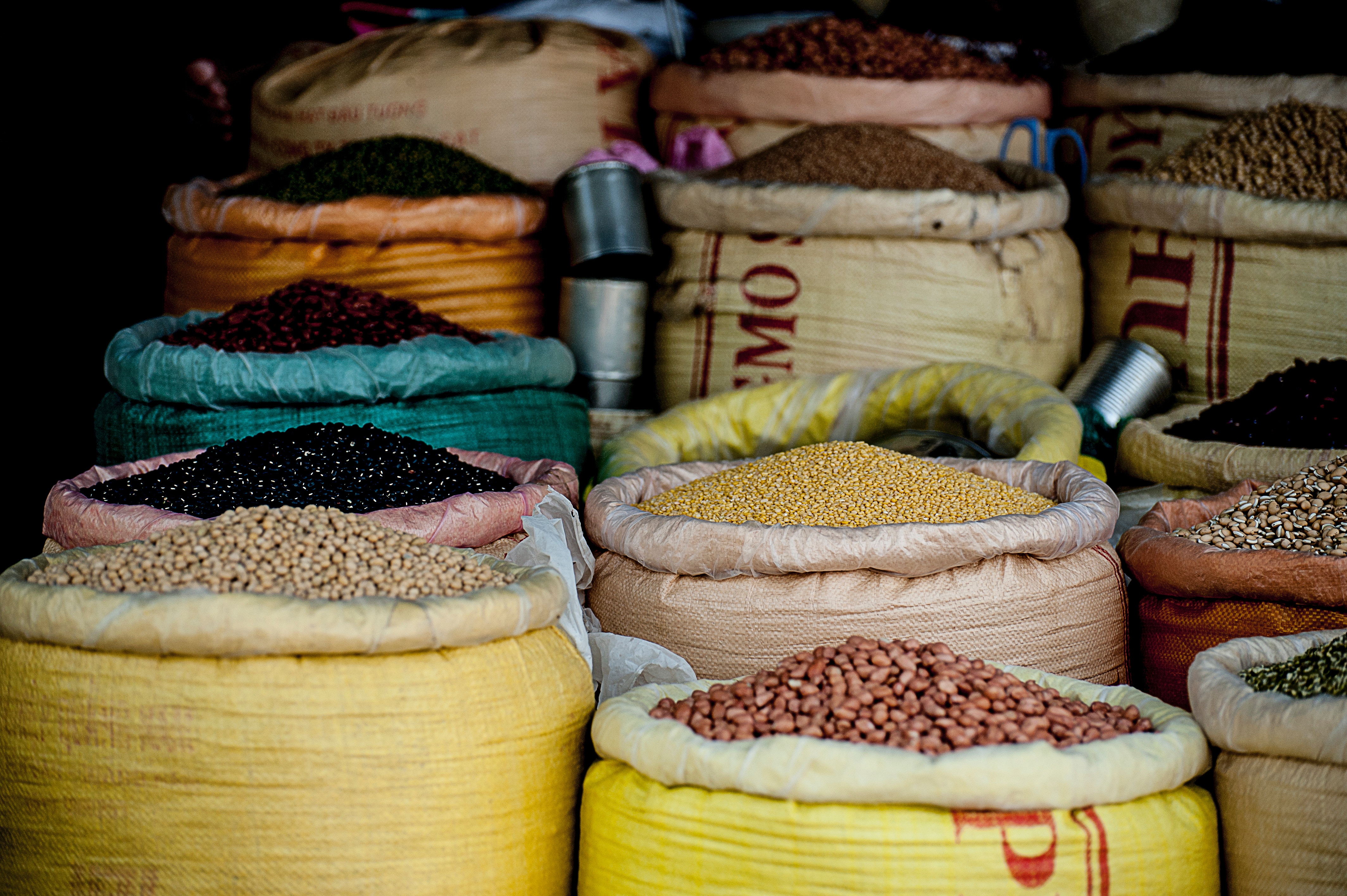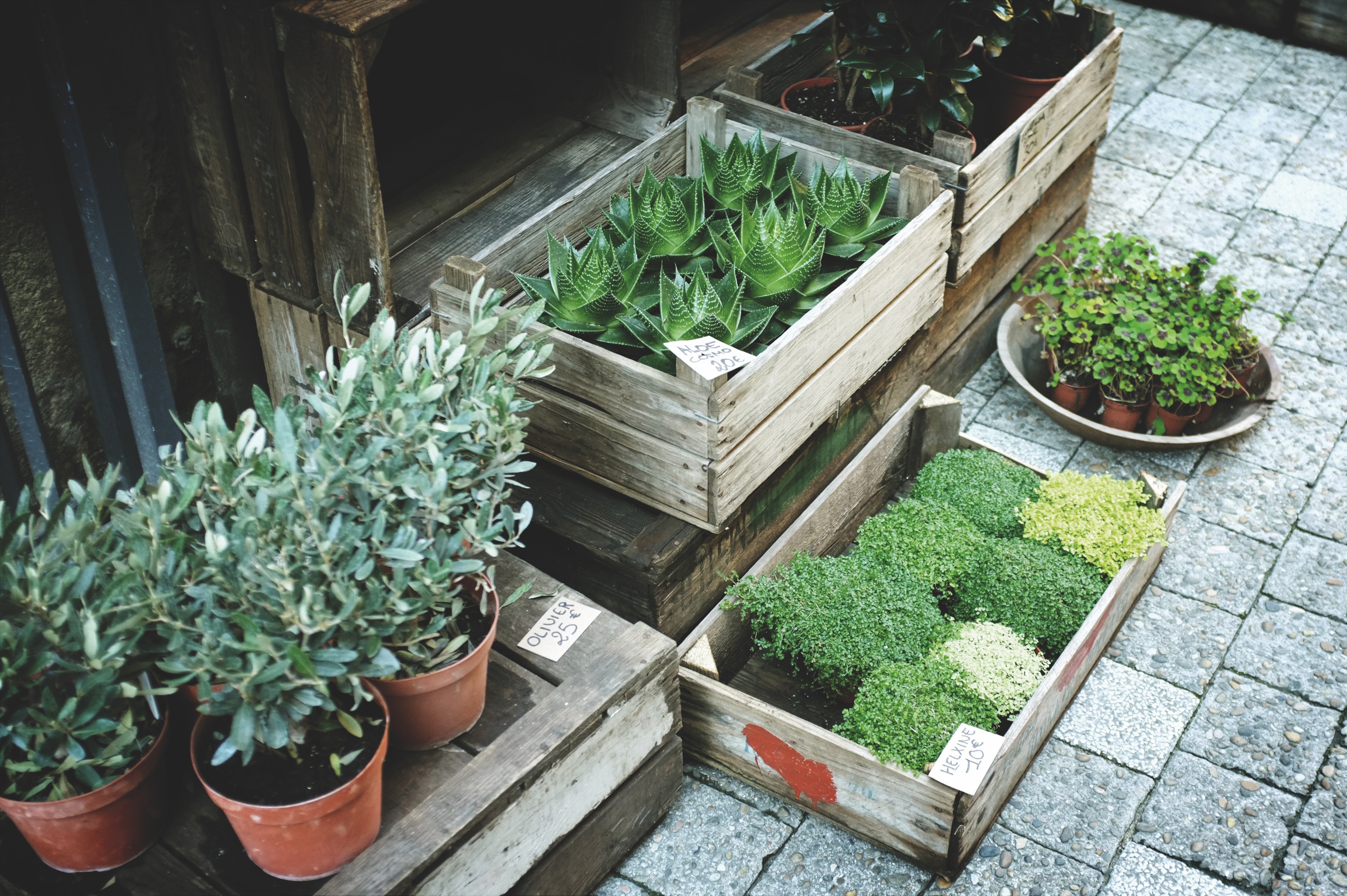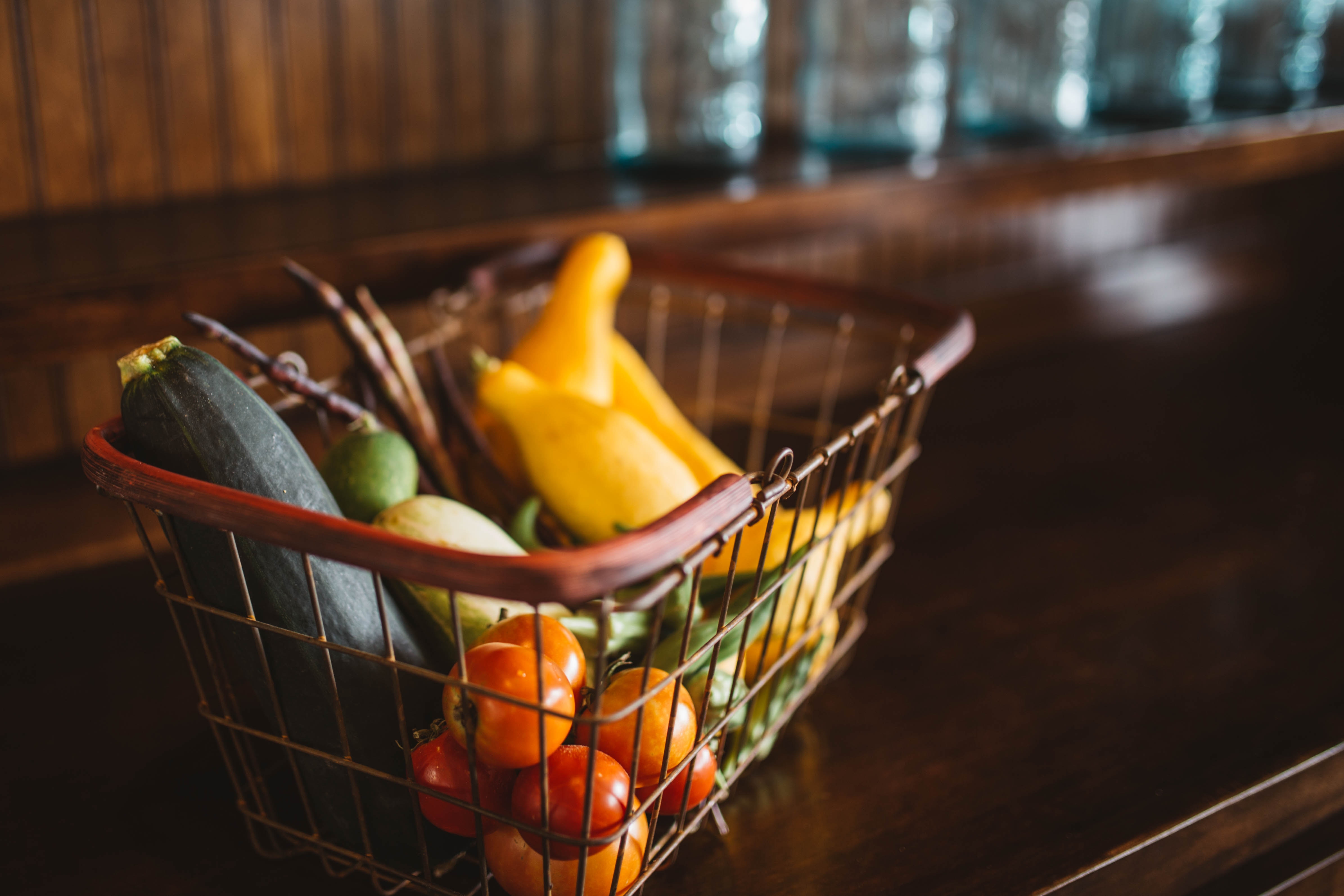Purchasing unique foods, superfoods, plant-based foods, and whole foods in general can be quite expensive, however it doesn’t have to be! You can navigate your own kitchen, supermarkets, and bulk stores to continue living a healthy lifestyle eating whole foods. We all want to and should be able to, eat healthy whole foods as much as possible without spending our savings. Healthy eating is an investment for your health which is the most important investment of all. Regardless of if you’re on a budget or not. Below are some tips to help you eat healthy whilst still living within you budget these are amazing ways to eat healthy, plant-based, and whole foods and tips that I live by every week when I’m making a trip to the supermarket!
Include Beans.
Beans, lentils, legumes, pulses are fantastic ways to bulk up any meal in terms of volume and also in protein and nutrition without costing you much. Dry pulses are great to purchase in bulk, or in cans are fine too.
Bulk Buy.
You should buy in bulk as often as possible. At first, you may think you’re spending a lot of money, but when you breakdown the costs per serving, you’re actually saving money in the long term. For example, I always buy spirulina, chia seeds, hemp seeds, and other “superfoods” in bulk. This principle can also be applied to your beans, grains, and other produce items as well. Also cooking in bulk or large batches will not only save you a tremendous amount of time for the week ahead, but it can also help you prepare meals using all your bulk purchased items for later by simply freezing.

Shop around.
Yes this does take time, however if you can visit wholesale stores and your local farmer’s markets or get involved in, a community garden, or pick up gardening yourself. Wholesale stores are stepping up their game when it comes to offering high quality foods in bulk, organic produce, and even organic animal proteins.
Gardening.
If you can’t buy it, try to grow it! Growing gardens, whether personal gardens or communal gardens, is a great way to have local, seasonal, and healthy food right at your fingertips. It also is a great teaching/learning experience for everyone in the family.

Buy in season.
Remember the season! Trying to get strawberries in the dead of winter is quite expensive in comparison to purchasing them when they’re perfectly ripe and local to your region in the summer. Check out the link below for the fruit and vegetable seasons in New Zealand.
Vegetables.co.nz’s vegetable season availability
Buy frozen.
The frozen veggies and fruits with nothing added to them, are just as good as fresh especially when they are out of season. Meaning you can drink your favourite strawberry smoothie all year round.

Use nuts and seeds.
Start cooking with nuts and seeds. Not only are they calorically dense, but they’re also nutrient dense for a very small amount. I often buy nuts/seeds in bulk because I’m constantly using them in recipes and they’re so easy to top onto salads, make your own nut milks with, add to desserts, etc.
Meal Plan and make a list.
Preparing meal ideas for the week ahead not only saves you time, but can help save you money by purchasing only the necessary ingredients you need. Prioritize the foods and items you need by making a list before you leave the house. This helps cut down on impulse buys and keeps you on track with the meals you’ve planned!


